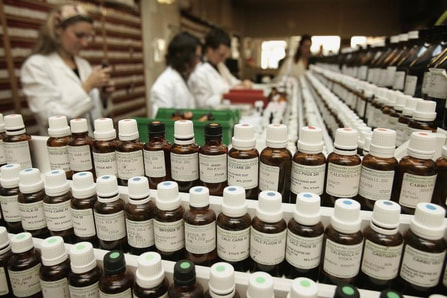homeopathy is a highly personalized medical system
based on the theory that ill health may be addressed via
the potentized substance known to produce similar symptoms
- the Therapeutic Similitude principle -
based on the theory that ill health may be addressed via
the potentized substance known to produce similar symptoms
- the Therapeutic Similitude principle -





